5. Ikiru (1952, Akira Kurosawa)
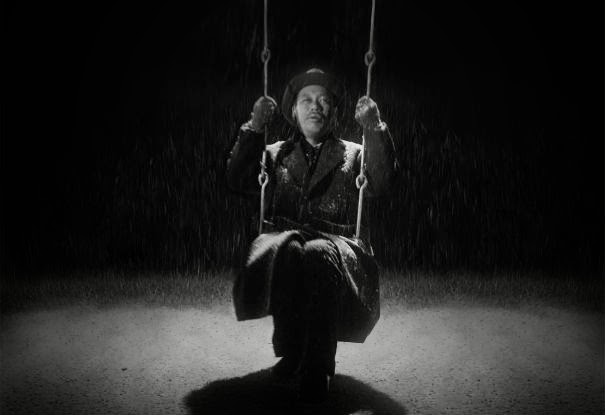
Out of all the films Akira Kurosawa directed (believe me, most of them are sensational at best), none are quite as humanistic as “Ikiru.” Is it as mythical as some of his grander works? Maybe not. However, it is the humility that “Ikiru” carries that makes it all the more real. There are no tales of lone warriors defending a city, or elaborate plots that stream through the dramas of confrontation.
This is the battle of one man with cancer who has very little time to live and make a legacy for himself. His efforts at salvaging his final hours in the best ways possible are simply heartbreaking, especially when the very town he wishes to better turns its back on him. Perhaps this is due to his change of heart from stern bureaucrat to caring townsman.
“Ikiru” is confrontational at times with its subject, yet it also ensures that he will be loved by us in the process. “Ikiru” is a sad story that will restore your faith in humanity through the gaze of one man.
4. The Passion of Joan of Arc (1928, Carl Theodor Dreyer)
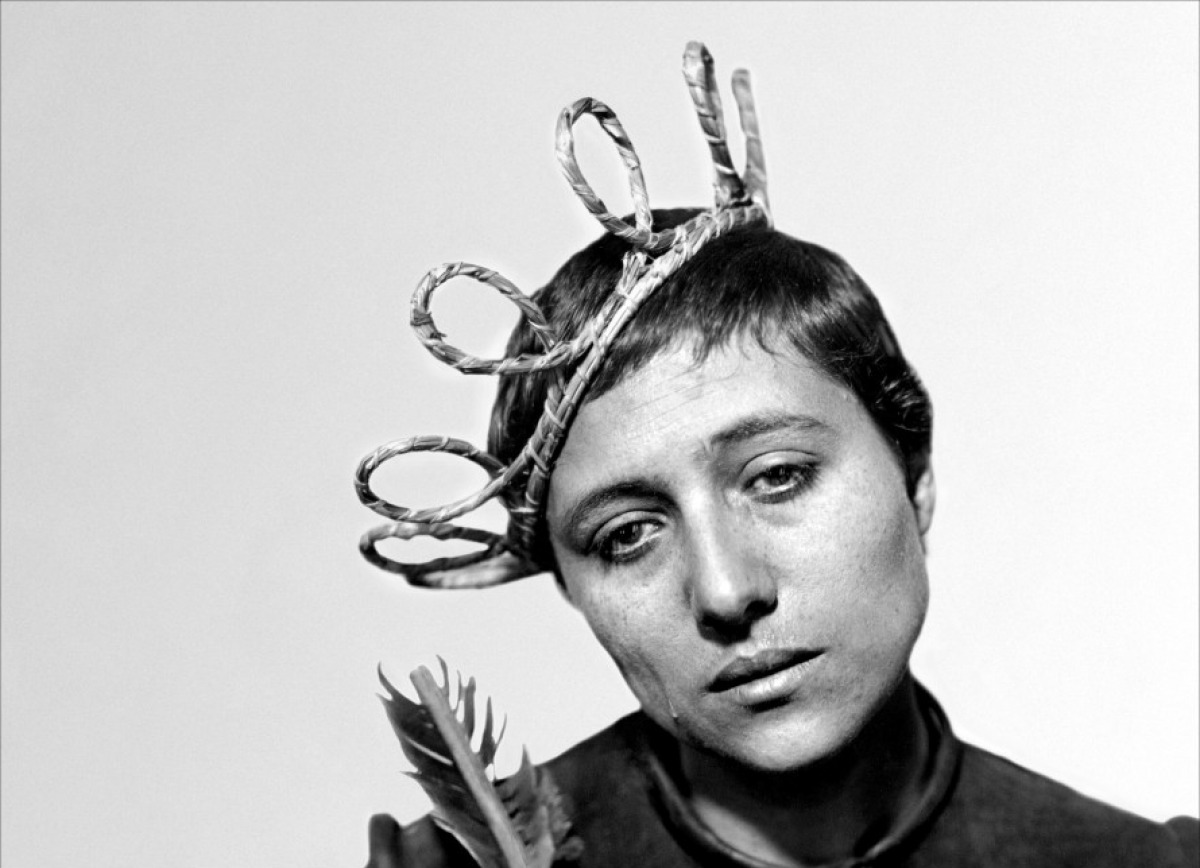
We can bring up Carl Theodor Dreyer’s directing, with his decision to feature extreme close-ups on the performers within the film (especially on Jeanne d’Arc). However, if any film on this list is here because of its lead performer, it’s this one; can it be said enough that Renée Jeanne Falconetti pulled off one of the all-time greatest performances?
The story of Joan of Arc is well known: she is punished and executed for her attempts to carry out a mission from God. You don’t have to follow her faith or believe in her ability to talk to higher beings, but it is nearly impossible to not care about her efforts to make a better world.
As well, Falconetti’s Jeanne d’Arc is so pure and candid that you will feel guilty for the actions you took no part in. Despite the savage ending, there is a bittersweet notion that Joan of Arc is to be remembered for her good, and this film, along with Falconetti’s performance, surely carry out that mission.
3. Schindler’s List (1993, Steven Spielberg)
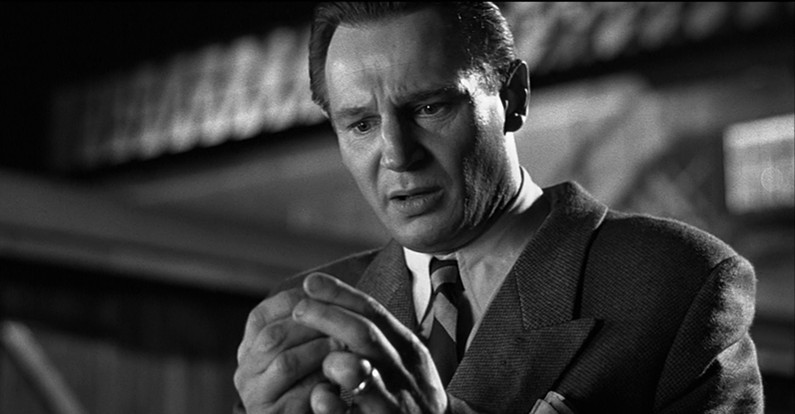
You cannot bring up a topic like this without the emotional whirlwinds that Steven Spielberg’s magnum opus “Schindler’s List” provides. Of course, it can be seen as a harrowing picture, yet it is so much more than that, too. Oskar Schindler starts the film off as a Nazi party member who constantly cheats on his wife, gets drunk, and conducts deals to earn him money without the care of others.
However, the film proceeds to show one of the strongest changes of heart ever put to the big screen, as Schindler witnesses the horrors of the concentration camps and ghettos that led to the persecution and death of millions of Jews. His turnaround is earnest, and you can feel the final grains of sand falling down the hourglass: his realization came very late. It is a race against time to try and save as many people as he can, by sheltering Jews through their employment in his factory. “Schindler’s List” will instill faith within you, but it will also show you hell upfront.
2. Umberto D (1952, Vittorio De Sica)
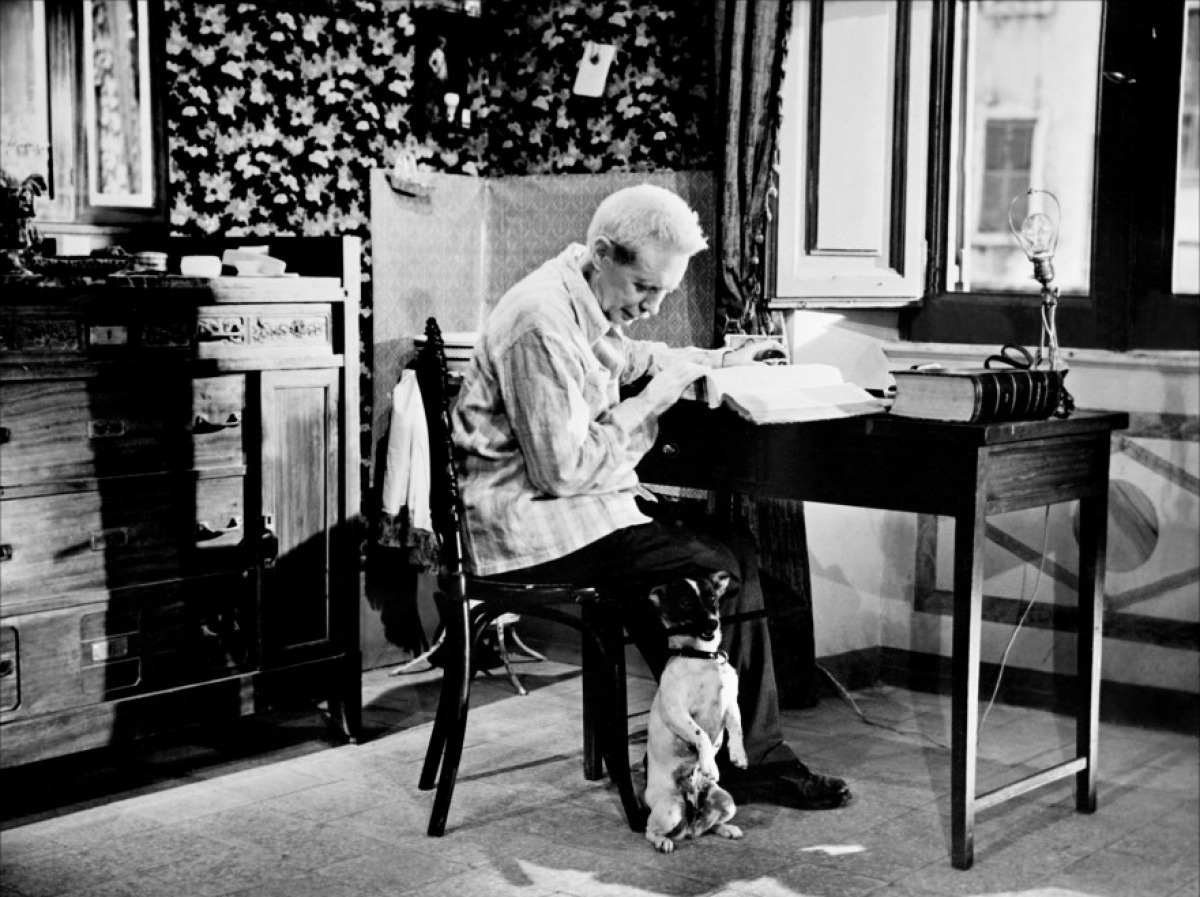
If any director knows how to toy with emotions, it’s Vittorio de Sica. With his series of Italian neorealist classics, it may be hard to pick just one film. However, with much thought put into this list, the award goes to “Umberto D,” which may be the ultimate film about the struggles of life.
Carlo Battisti plays a lonely old man who is on the verge of losing the little he has. His only absolute worth is in the form of his greatest companion: his dog Flike. He is poor, because his pension is barely helping him. He cannot work, because he is ill. He cannot take care of himself or his dog.
“Umberto D” continues its downward spiral for the entire duration until its bitter final minutes; I can guarantee that the final minutes will cause you to flinch in fear and desperation. However, it is the tiniest of glimpses of hope that turns “Umberto D” from a complete nightmare into a tale of humanity.
1. City Lights (1931, Charlie Chaplin)
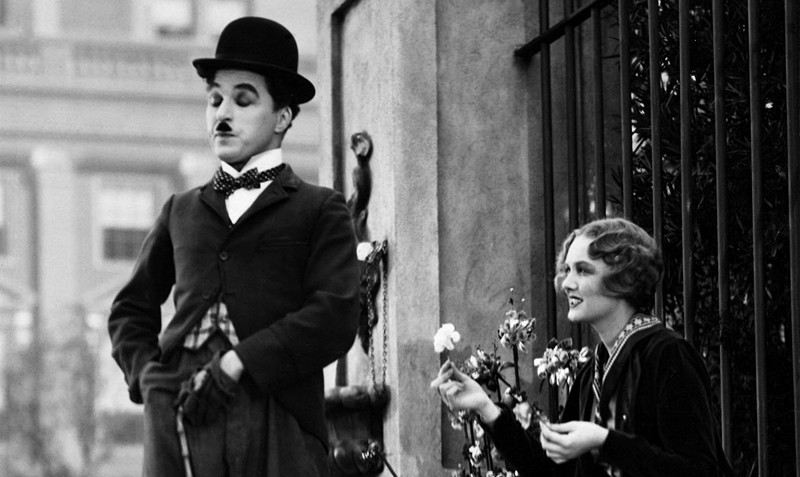
The number one entry is almost like a contrast from “Umberto D.” The former film is devastating with a tiny sign of hope; “City Lights” is a comedy that dips its toes into a pool of tragedy. Charlie Chaplin (who took complete control over this movie miracle) performs once again as his Tramp character, who stumbles through life as an outcast.
No film utilizes this character as well as “City Lights” does, as he falls in love with a blind florist and becomes friends with an alcoholic, the only two people who do not judge him for his lapses. His love develops, and his best efforts to make a great impression are so warm and admirable; it’s also sad to see how far a man with so little has to go profess his love.
The main reason why this film is the most moving of all time (to be the opposite of “Up”) is because of its final scene; I will not give it away for those who have not seen it. Never has a film shown the purest essence of love, realization and acceptance (nor has it been matched ever since). It is the ultimate ending to a story about unrequited adoration that has been described back in the 40s as the realest acting put to screen; it still has a strong case of remaining just that.
Author Bio: Andreas Babiolakis has a Bachelor’s degree in Cinema Studies, and is currently undergoing his Master’s in Film Preservation. He is stationed in Toronto, where he devotes every year to saving money to celebrate his favourite holiday: TIFF. Catch him @andreasbabs.